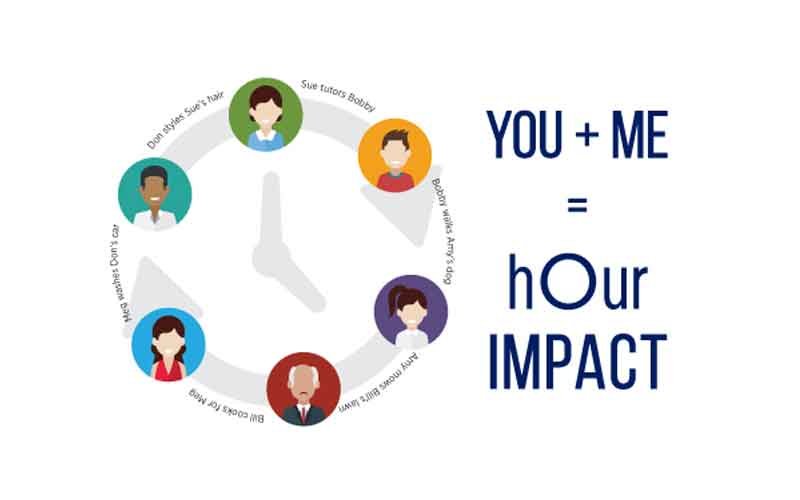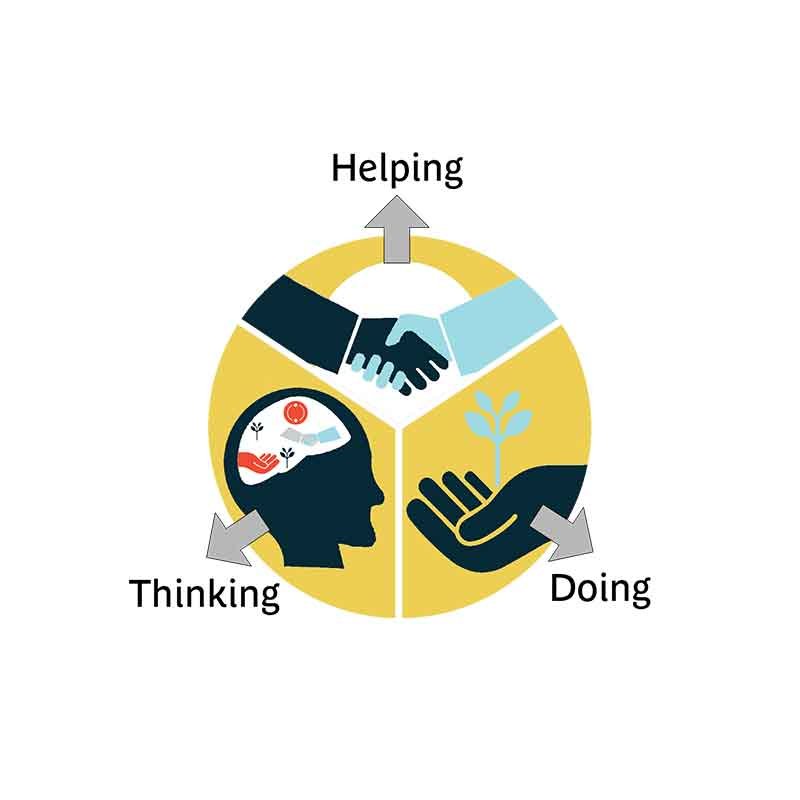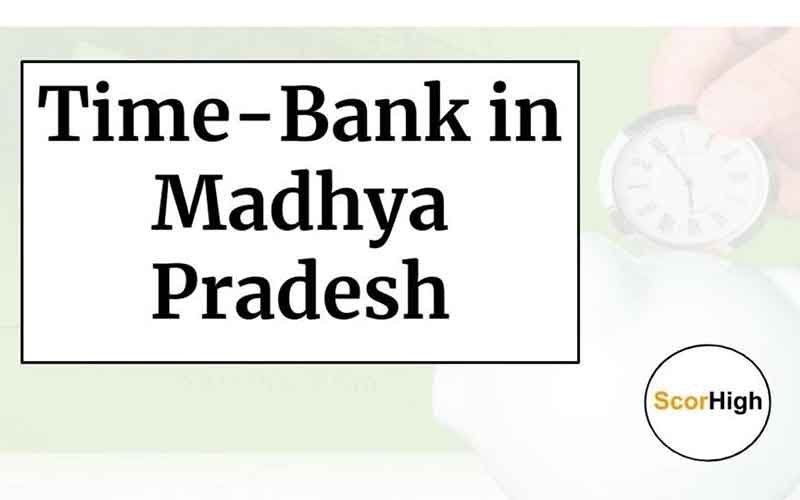As per a report in Times of India, the Madhya Pradesh government’s spirituality department has issued orders to establish the first time bank in the country, which will be based on the concept of reciprocity and in turn, motivate individuals to help each other in exchange for hourly time credits, according to officials.
What does Time Banking mean?
Time banking is a reciprocity-based work trading system in which hours are the currency. It is a form of community currency, which enables a person with one skill set to trade hours of work with someone with another skillset, without any money changing hands.

How is M.P Incorporating Time Banking?
The time bank will facilitate individuals to provide voluntary service which can include teaching underprivileged children or looking after elderly persons and earn credit hours and get repaid in the same way. As per sources, all district collectors and administrators of Rajya Anand Sansthan had been asked to take steps to initiate the process.
Time banks will be opened in every district and that there will be no cap on the number of banks that can be set up.

Time banking will bring people willing to help and those in need of help on a single platform. Those who help will get credit hours in ‘time bank account’, while those taking help will assist anyone in need in the bank’s network. It is not necessary that a person has to help the same person who helped him.

In September, the Hindu had reported that the Madhya Pradesh government’s happiness department planned to set up a time bank that would lend currency to an hour, which could be exchanged to learn a new skill without the need for any paper money.
Akhilesh Argal, CEO of the state government department said that members will start with zero credits, which they could gradually acquire by imparting skills. Credits can even go in negative. And in case a skill becomes popular over time benefiting only a few members, other members will be compelled to do their mite with vigor to collect more credits.
Near about 50,000 volunteers have already registered with the department. And now, the department, through local networks will form community-level banks and list the skills and services they could impart. The time banks will facilitate person-to-person, person-to-agency and agency-to-agency transactions.

Some text has been translated from popular news sources in the city.
Also, read our blog: READ HOW UPI IS TAKING POPULAR E-PAYMENTS IN INDIA BY THE STORM!


